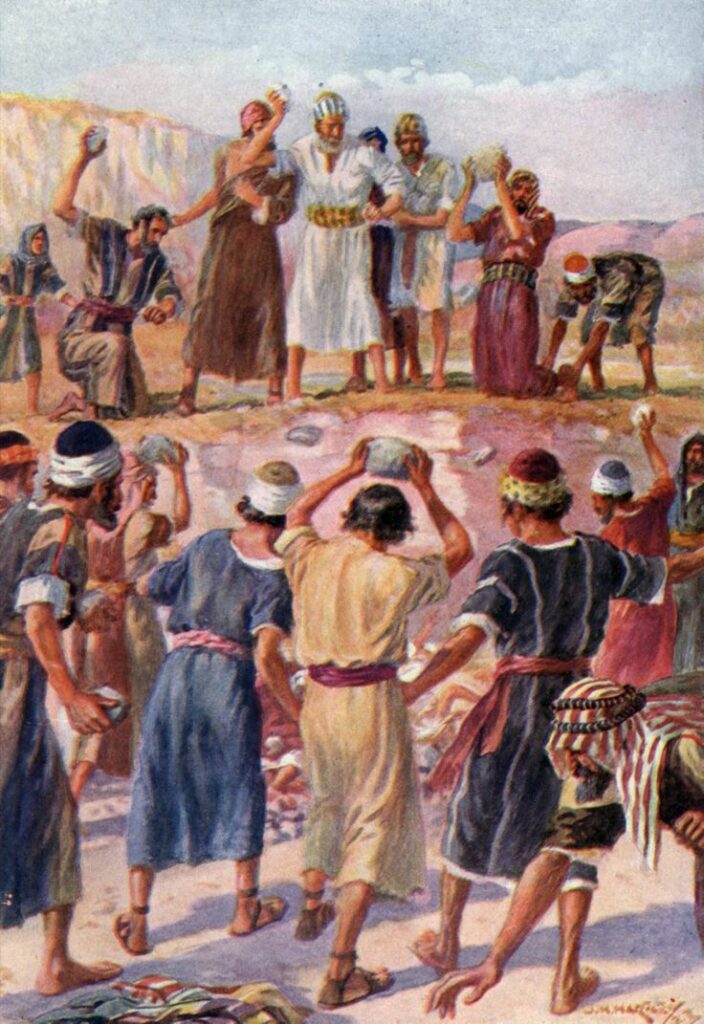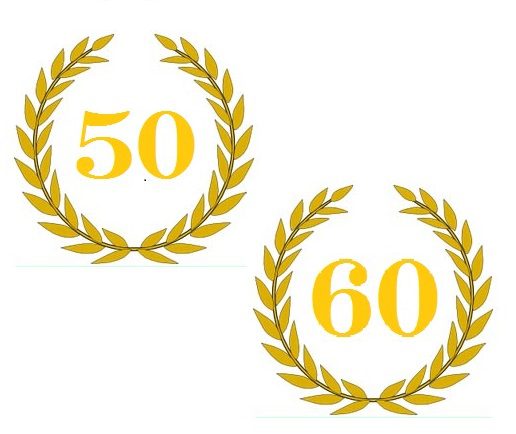
Casting stones
The story of the woman caught in adultery brings to mind a similar trap through which the Pharisees and Herodians attempted to ensnare Jesus; they asked Jesus: “Is it lawful to pay the census tax to Caesar or not?” (Matthew 22:17) In the case of the woman brought before Jesus by the scribes and the Pharisees, they asked Jesus: “Teacher, this woman was caught in the very act of committing adultery. Now in the law, Moses commanded us to stone such women. So, what do you say?” (John 8:4-5)
The scribes, the Pharisees and the Herodians thought that they had trapped Jesus into a corner, such that if he said ‘yes’ or ‘no’, they would have found grounds to accuse him one way or another. But in both cases, Jesus elevated the question into the moral realm. In the case of the woman caught in adultery, the real question was whether the scribes and the Pharisees, with their crafty minds and pretentious zeal, were morally competent to condemn the woman and to stone her to death. In which case, Jesus responded: “Let the one among you who is without sin be the first to throw a stone at her.” (John 8:7) As a result, they went away one by one.
When Jesus was left alone with the woman, misery met mercy – the misery of the woman came face to face with the mercy of Christ. Jesus said to the woman, “Has no one condemned you? Neither do I condemn you. Go, and from now on do not sin anymore.” (John 8:10-11) Jesus had not come into the world to condemn, but to save (cf. John 3:17). His mission was to bring sinners back to God, not to alienate them; to reveal the heart of God, not to carry out the cruel judgments of men. Jesus spares the sinner in order to bring them to repentance. As I live, says the Lord, I do not wish the sinner to die, but to turn back to me and live (cf. Ezekiel 33:11).
Do we judge people by the sins which they had reportedly committed, whether we heard of it from a neighbor or the news? Do we feel that just because our sins aren’t as bad as theirs, that we have a right to condemn them? The words of Jesus in John 8:7 must remind us that no matter how grave the sin a person had committed, only one who is without sin can condemn that person. On the other hand, whoever brings back a sinner from the error of his ways will save his own soul from death and will cover a multitude of sins (cf. James 5:20). What is pleasing to God is not a person who condemns others; rather it is a person who is instrumental in the conversion of a sinner, which leads to forgiveness for the sinner and bringing the sinner back to a life of grace.

Our church will be hosting the first Chinese Cursillo in the Archdiocese of Atlanta from July 28 to 31, 2022. You can still come and join us in this spiritual retreat. Please register with Andrew Shen or Angela Chang.

Is 2022 your 50th or 60th wedding anniversary? Please let Fr. Bill know. We would like to celebrate this milestone with you in a very special way.

The Archbishops Annual Appeal (AAA) for 2022 has begun. Our goal this year is $3,800. There are 2 ways to give:
a) Send your donations directly to the Archdiocese, indicating Holy Name of Jesus Chinese Mission as your parish.
b) Donate via our church: if you are donating by cash, please use the Archbishops Annual Appeal envelopes, write your name, amount and date. If you are donating by check, please write payment to HNOJ, and AAA in the memo.
Thank you for your support!
Prayer List: Jiang Mama, Zheng Zhiming, Wang Dacheng, Carolyn Johnson, Pan Bohao, Long Guorui, Zhang Qiang, Xu Taicheng and Qiu Laihao.